Insights into what went into HSMAI Adrian Award 2021 winning entries, excerpted from the HSMAI SPECIAL REPORT 2021 Adrian Awards: Platinum and President’s Award Honorees.
PLATINUM – DIGITAL MARKETING | BEST WESTERN HOTELS & RESORTS
Agency Partner: Ideas Collide
BACKGROUND
As people began to make travel plans again, Best Western® Hotels & Resorts wanted to remind travelers of its commitment to industry-leading hospitality. Its “See You Soon” campaign was designed to welcome back guests after a challenging year and invite them to make new memories with Best Western.
CAMPAIGN
A key campaign channel was influencer marketing. Each influencer brought their travel stories to life by covering not only various types of properties within the brand but also the diverse communities around them. As part of the larger “See You Soon” campaign, these influencer videos sought to amplify social reach, revitalize bookings during summer travel season, position Best Western as a trusted travel partner amid COVID-19 concerns, and foster positive brand association with strong storytelling.
RESULTS
Influencers produced 16 videos from various perspectives, including family, millennial, pet, and road trip travel. Though the videos were made as part of a single campaign, they will each continue to provide relevant content for some time. The videos have received more than 2 million views and an average view rate of 50.51%.
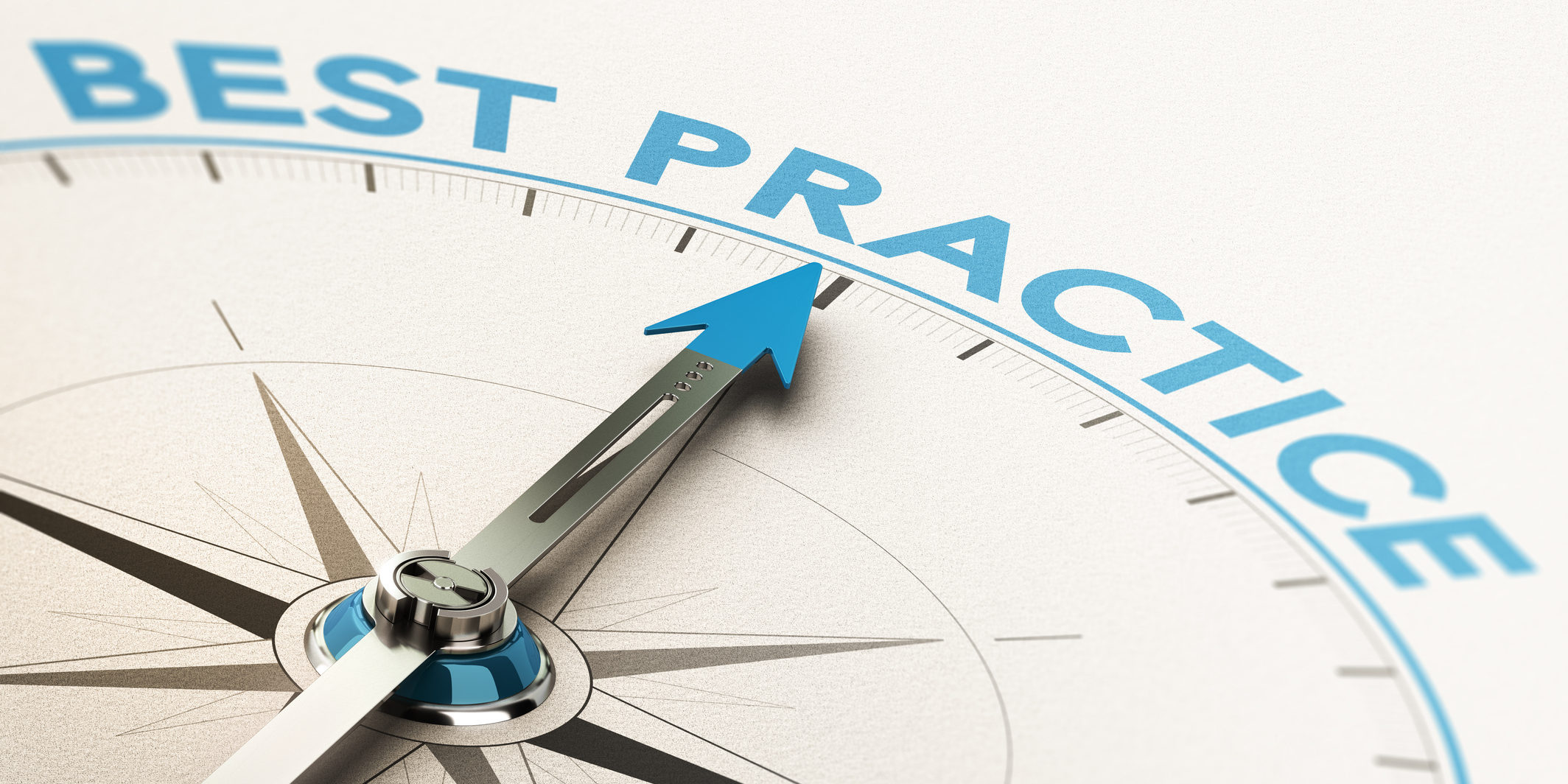

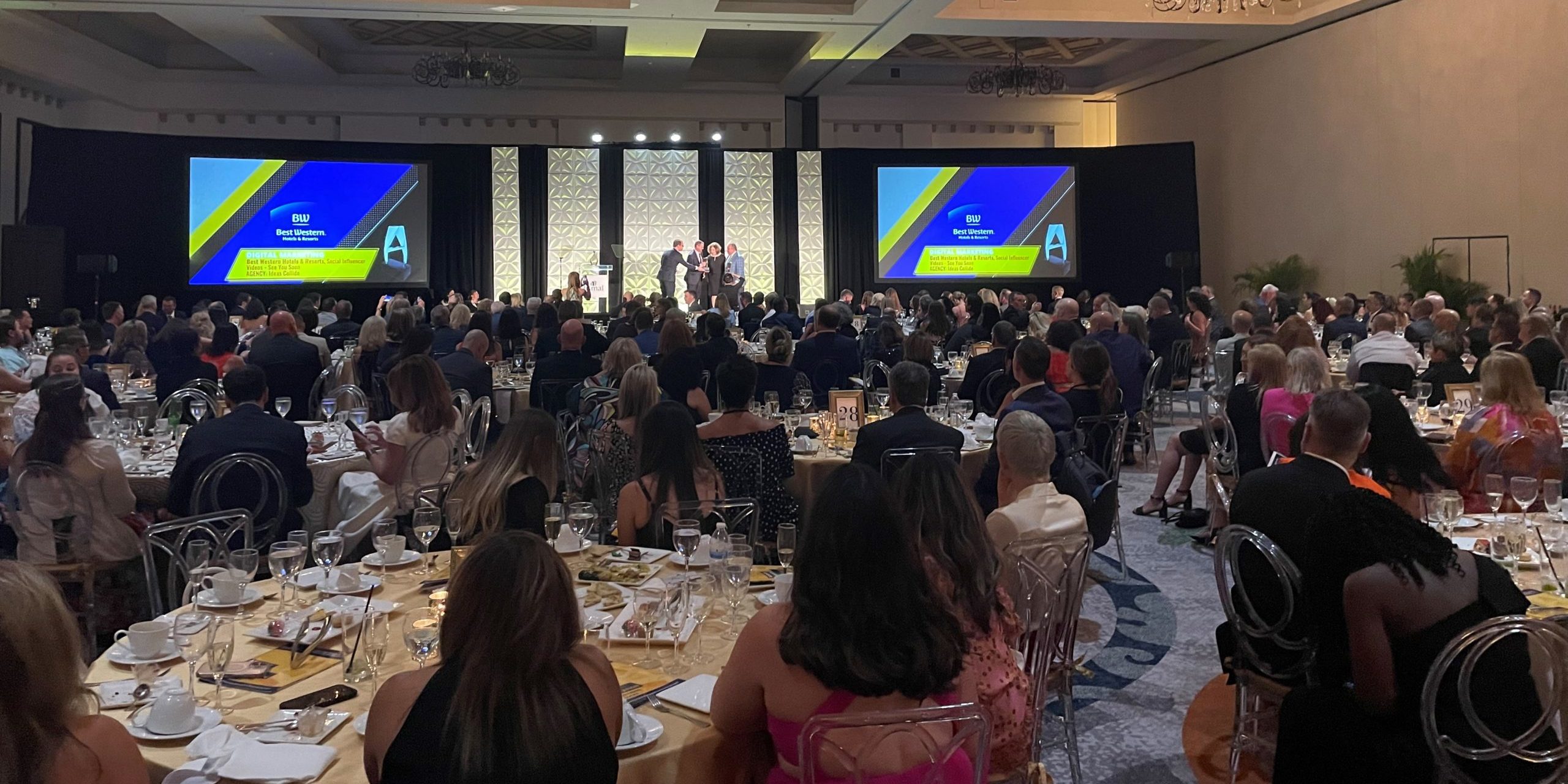
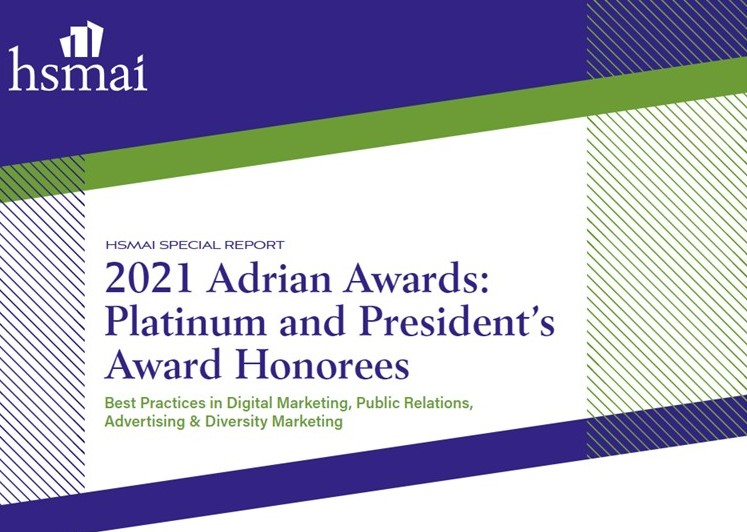
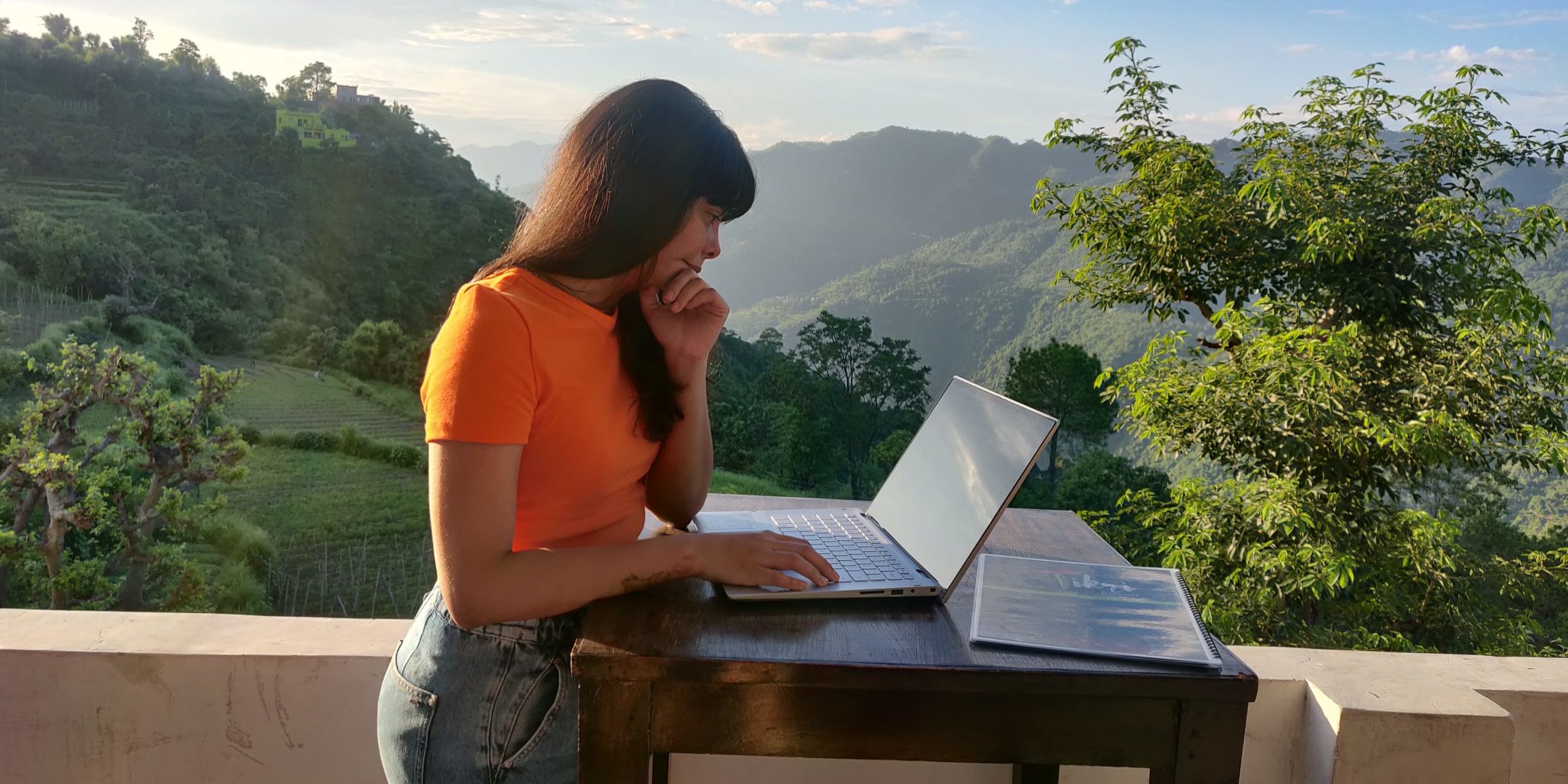
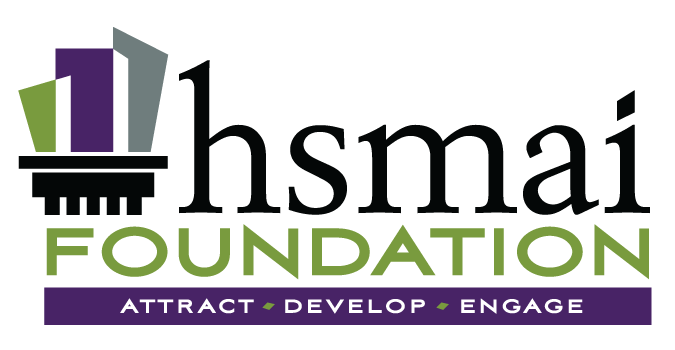
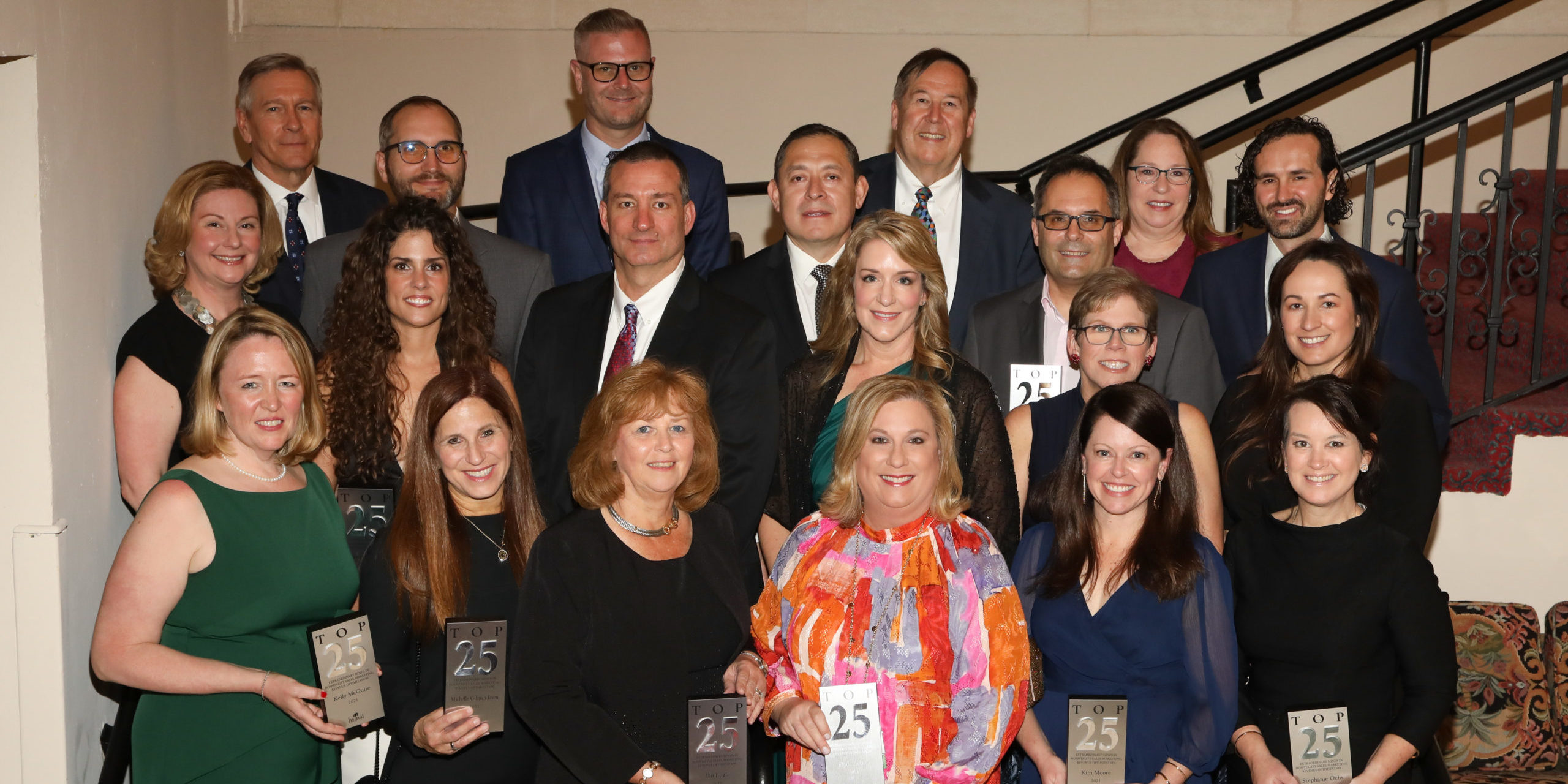
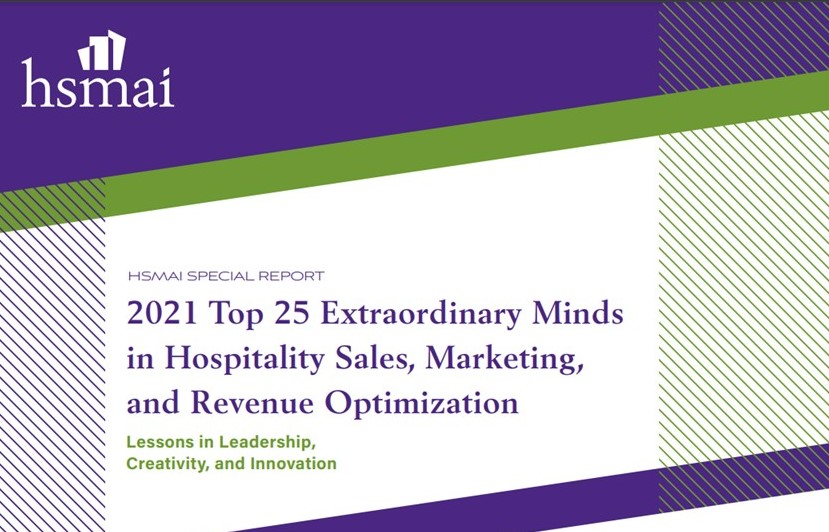
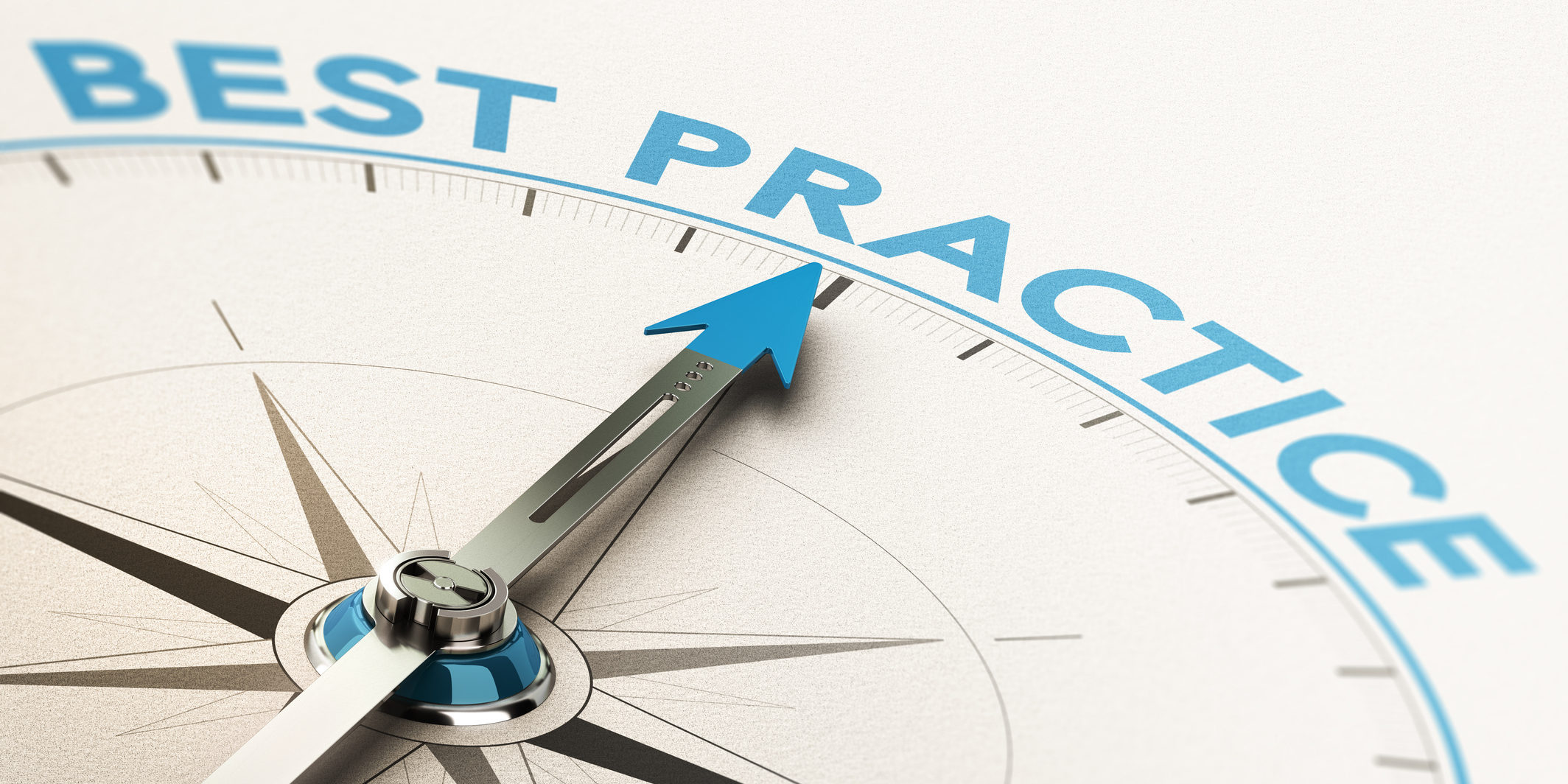
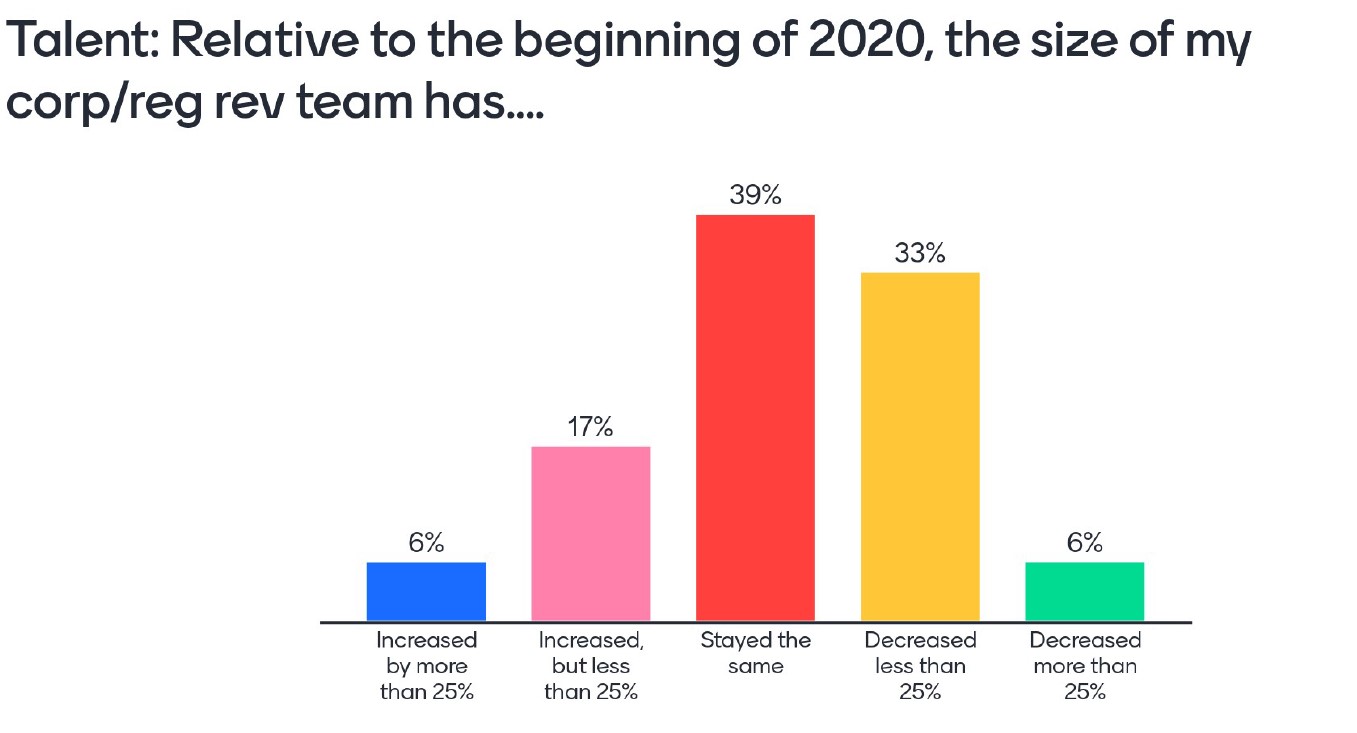
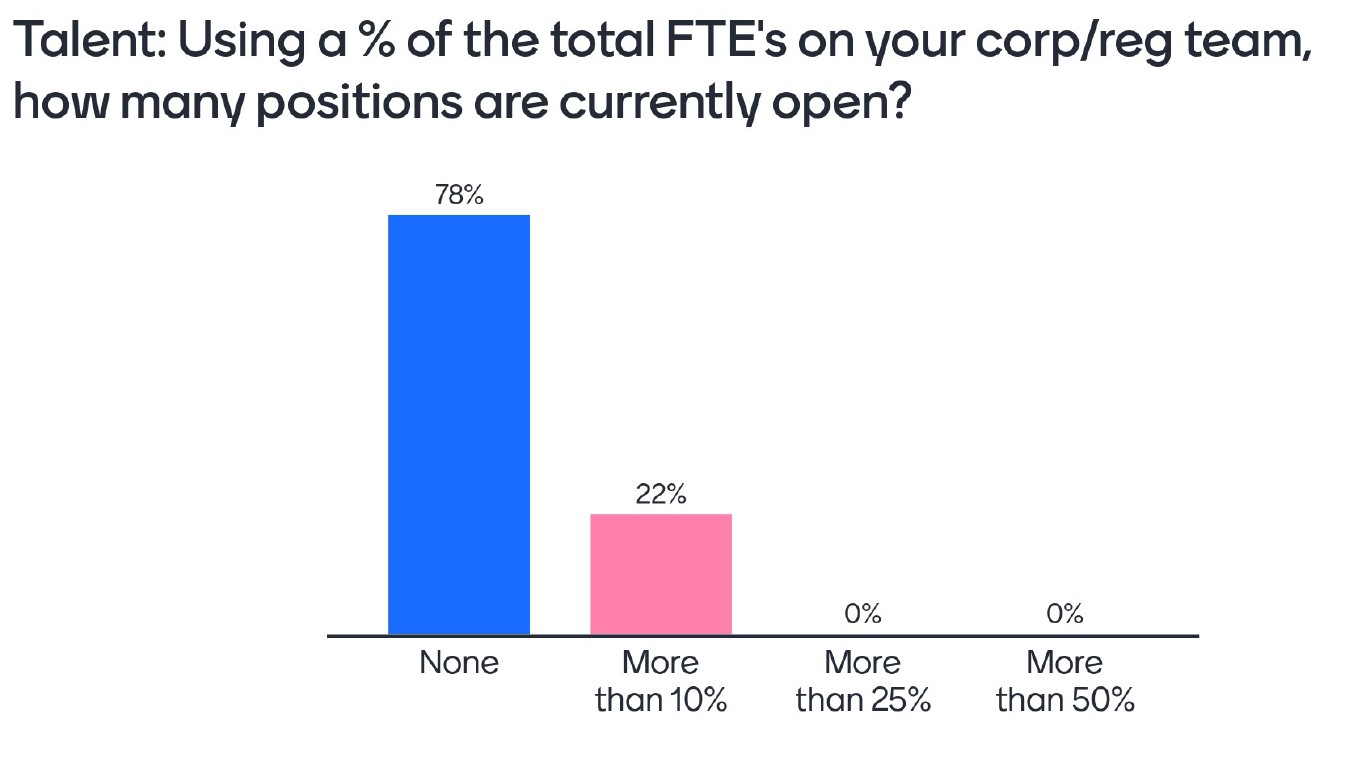
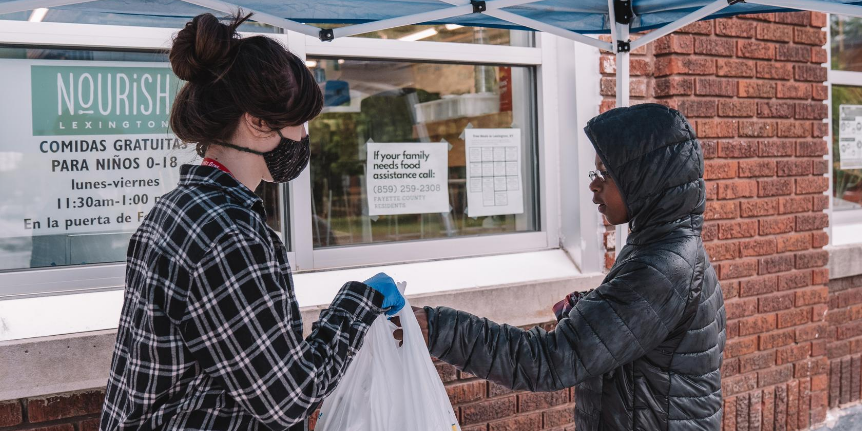
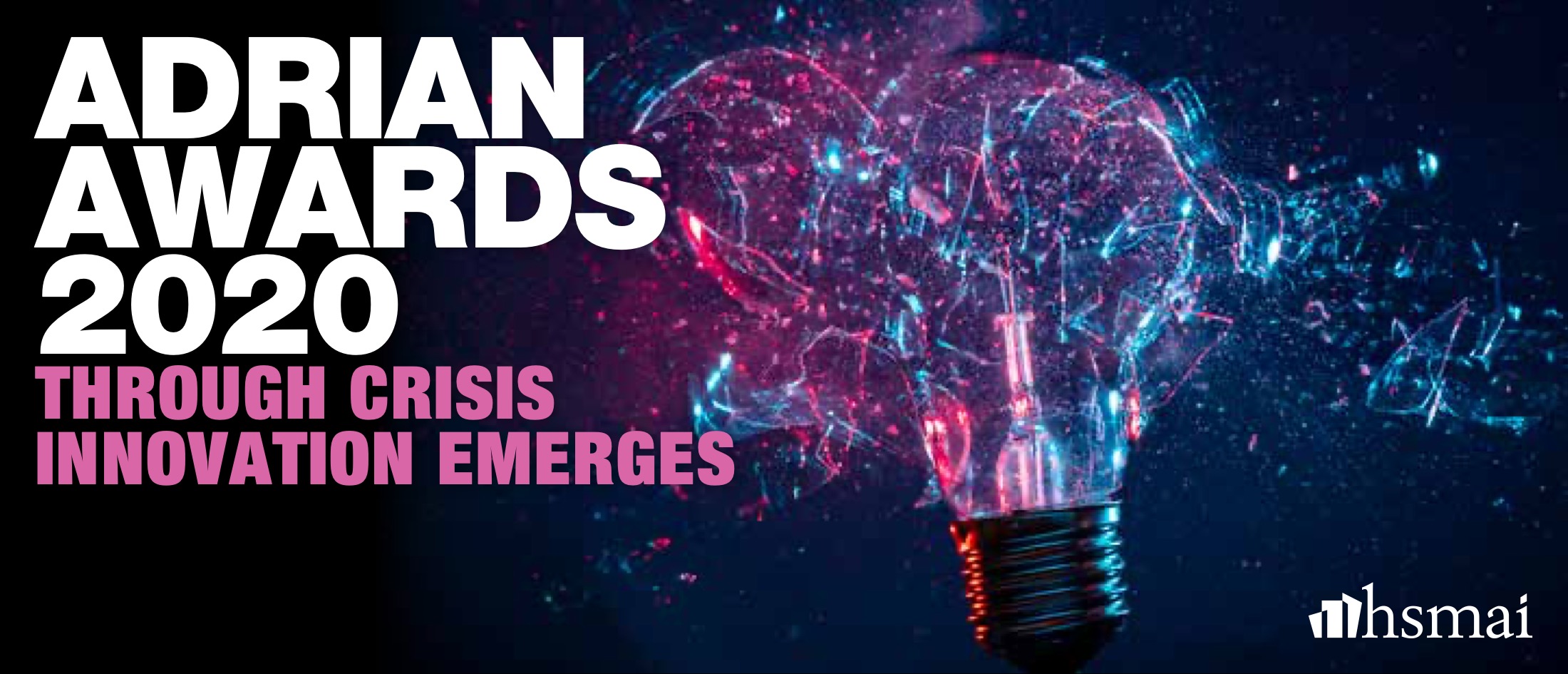

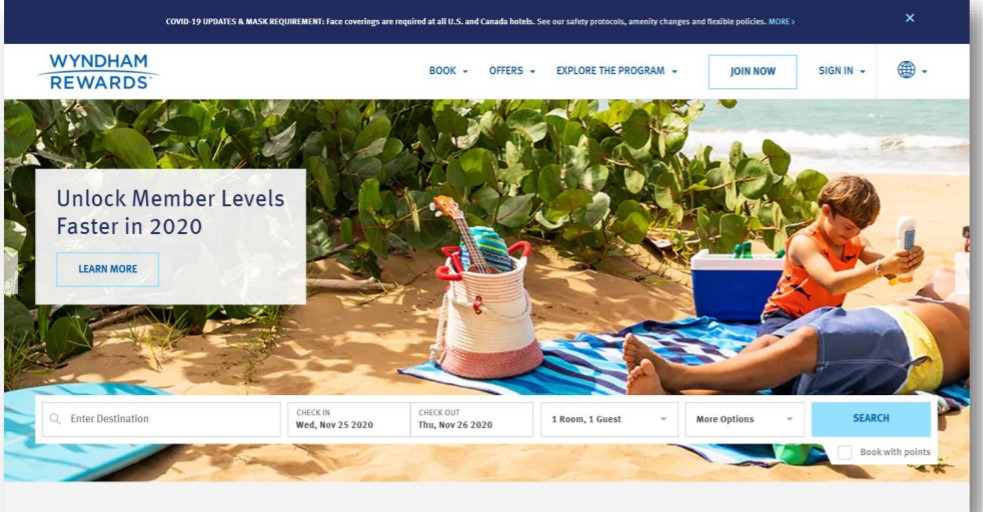 BACKGROUND: In 2020, it was critical to ensure that Wyndham Rewards members felt peace of mind when it came to their points and status. To that end, Wyndham launched “Unlock Member Levels Faster,” a campaign that paused the expiration of Wyndham Rewards points for all members globally through the end of 2020, extended current member levels earned in 2019 through the end of 2021, relaxed earning requirements to allow members to gain status with fewer nights stayed, and relaxed cancellation policies. Wyndham also offered essential workers and first responders an instant complimentary gold membership in Wyndham Rewards and a 15-percent discount at participating hotels through the #EverydayHeroes initiative.
BACKGROUND: In 2020, it was critical to ensure that Wyndham Rewards members felt peace of mind when it came to their points and status. To that end, Wyndham launched “Unlock Member Levels Faster,” a campaign that paused the expiration of Wyndham Rewards points for all members globally through the end of 2020, extended current member levels earned in 2019 through the end of 2021, relaxed earning requirements to allow members to gain status with fewer nights stayed, and relaxed cancellation policies. Wyndham also offered essential workers and first responders an instant complimentary gold membership in Wyndham Rewards and a 15-percent discount at participating hotels through the #EverydayHeroes initiative.

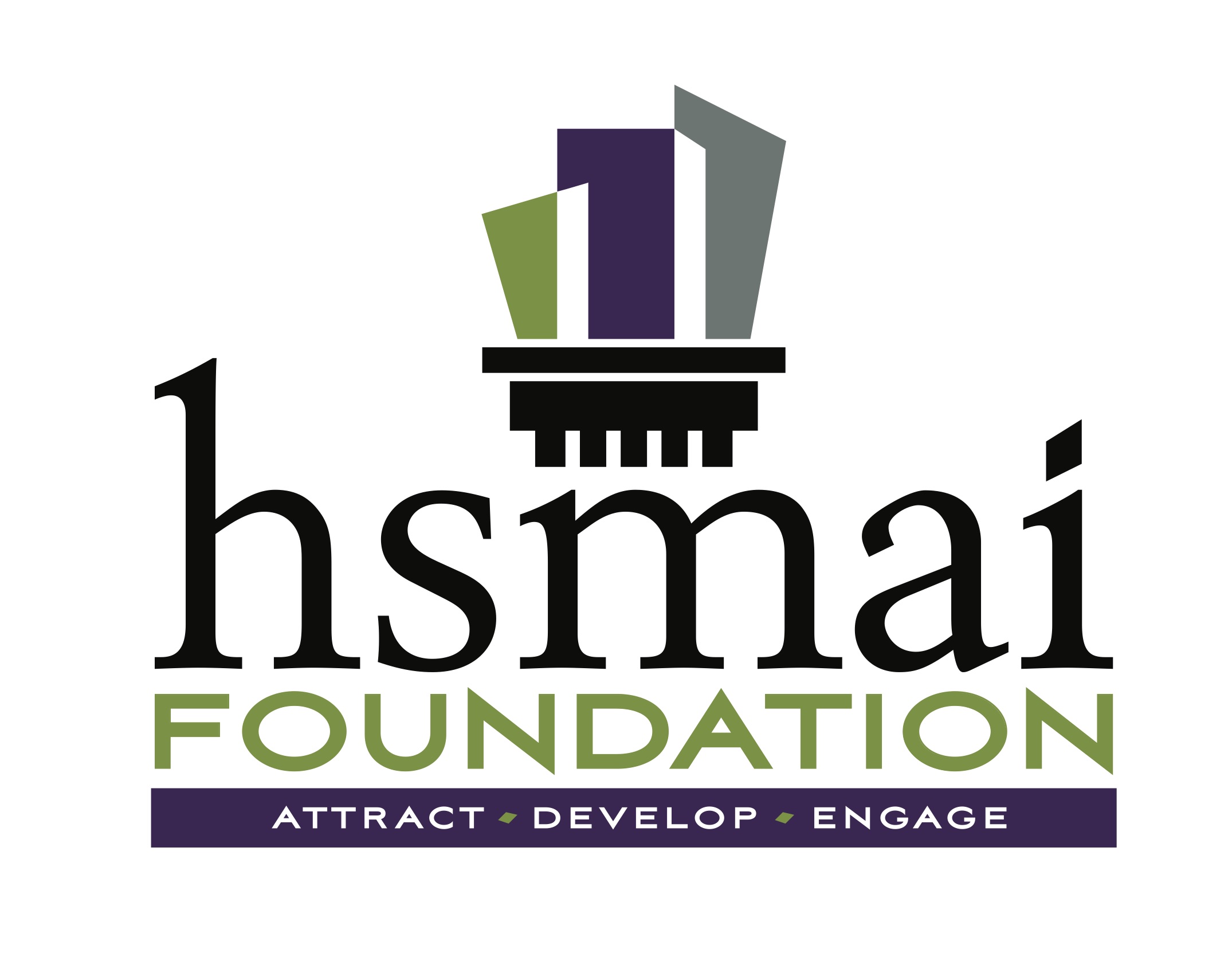 The HSMAI Foundation and HSMAI Middle East hosted a virtual Executive Roundtable on Oct. 21 for hotel chief human resources officers in the region to discuss best practices they have developed after nearly eight months in the world of COVID-19. J. Bruce Tracey, Ph.D., editor of Cornell Hospitality Quarterly, professor of management at Cornell University’s School of Hotel Administration, and member of the HSMAI Foundation Board of Trustees, facilitated the discussion. HSMAI Americas hosted previous CHRO roundtables on
The HSMAI Foundation and HSMAI Middle East hosted a virtual Executive Roundtable on Oct. 21 for hotel chief human resources officers in the region to discuss best practices they have developed after nearly eight months in the world of COVID-19. J. Bruce Tracey, Ph.D., editor of Cornell Hospitality Quarterly, professor of management at Cornell University’s School of Hotel Administration, and member of the HSMAI Foundation Board of Trustees, facilitated the discussion. HSMAI Americas hosted previous CHRO roundtables on 